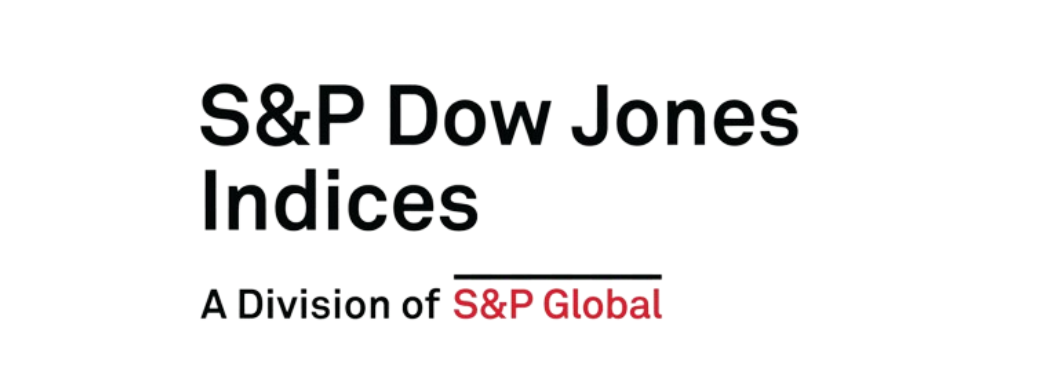Index providers are also making changes to benchmarks linked to short-term oil prices amid “unprecedented and exigent market circumstances”.
One such index provider was Bloomberg, which announced plans on 24 April to advance the roll of the West Texas Intermediate (WTI) July contract to September across its Bloomberg Commodity Index (BCOM) suite.
The firm said the decision follows consultation with governance bodies, investors, hedge providers and market makers.
The roll, which will impact some of the world’s largest oil ETPs such as the $1.3bn WisdomTree WTI Crude Oil ETC (CRUD), will take place over five days beginning on 7 May which is when the BCOM May roll usually takes place.
S&P Dow Jones Indices (SPDJI) was another index provider which made changes to its oil benchmarks. The firm told clients it is rolling the WTI exposure on the S&P GSCI, the world’s largest commodity index, into July futures contracts with immediate effect.
SPDJ said in a statement: "This revised roll date is being implemented based on the unprecedented events in the oil markets."
Index providers are following ETF issuers which rolled out of the June futures contract amid concerns prices will hit $0 a barrel before the scheduled roll dates, effectively wiping out returns for investors.
This includes some of the world’s largest oil ETPs including the $3.6bn United States Oil Fund (USO), which even has some exposure to June 2021 contracts having previously been fully exposed to the front month.
Regulators on notice as ETPs exacerbate volatility in oil markets
The move away from the short-term futures market has caused further pressure on the WTI spot price which traded as low as $-40 a barrel on 20 April amid storage issues for May futures contract holders.
After USO’s announcement to sell all of its June contracts, WTI fell 28% to $12.3 a barrel on 27 April.
Sign up to ETF Stream’s weekly email here




